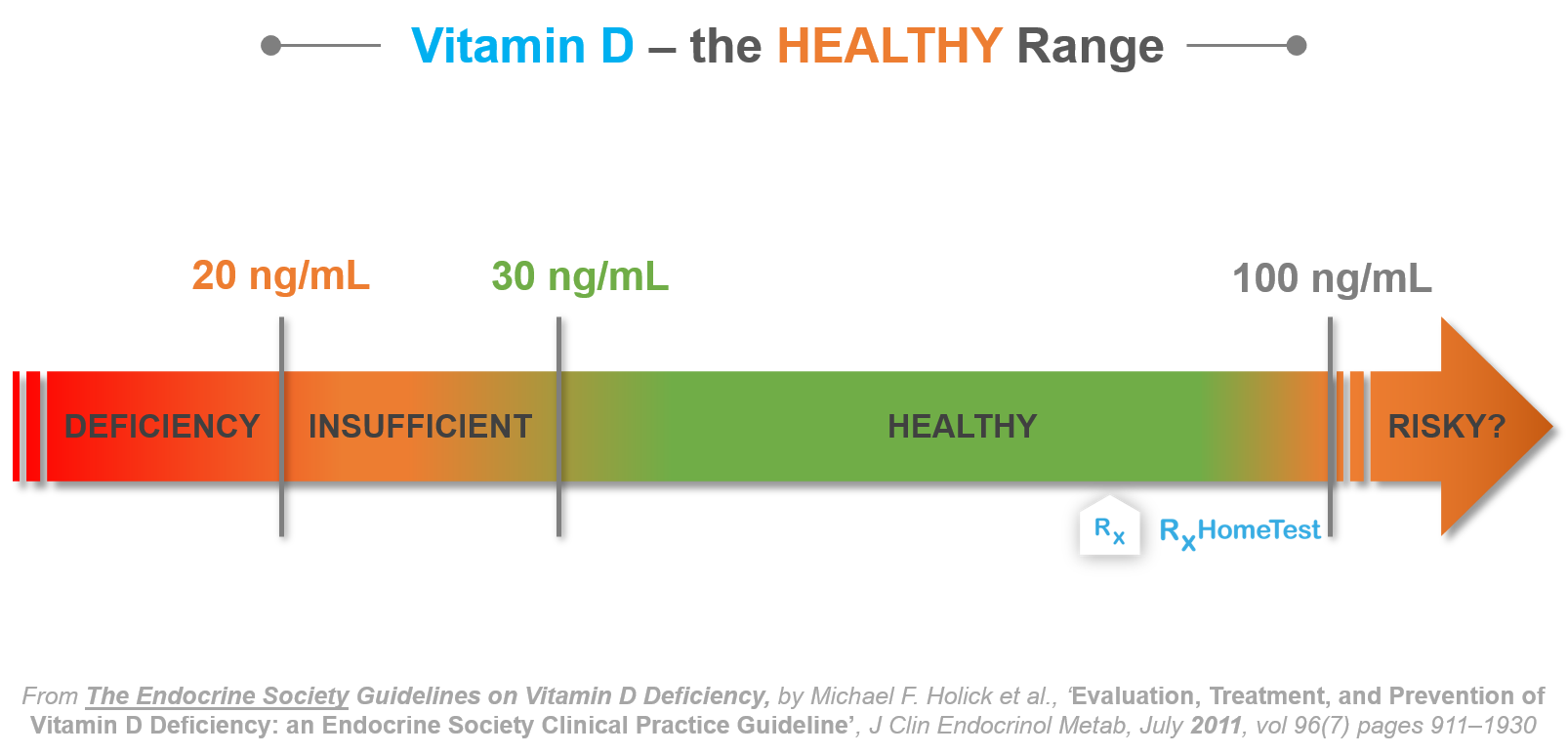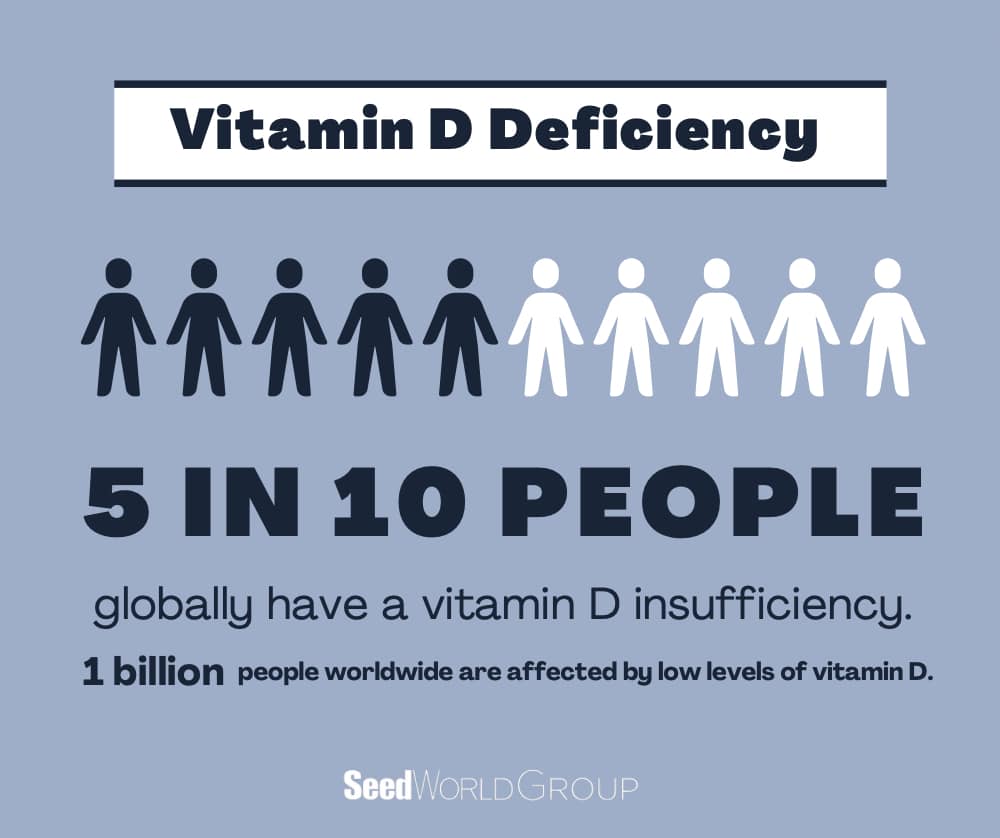Vitamin D: Why Do Medical Corporations Avoid It?

Vitamins in Defense of the Body – Truth or Fiction?
Hello, dear readers! Each of us has pondered the significance of vitamins in our lives. We see them in advertisements or hear about them from others. Today, I will talk about the importance of vitamin D and the reasons for the controversies surrounding it.
Vitamin D strengthens bones and supports the immune system, protecting against many types of cancer, diabetes, viral, and infectious diseases. Without it, the heart and blood vessels cannot perform their functions!
You can obtain vitamin D from dairy products and fish. But that’s not all! The vitamin is produced under the influence of sunlight! What more do you need for happiness? You don’t have to buy anything; you just need to go outside!

What are the consequences of vitamin deficiency in the body?
You can see how important this vitamin is; consequently, its deficiency can lead to very serious consequences. Your bones will become weak, which can lead to rickets and osteoporosis. There may be problems with the intestines, as the vitamin is responsible for processing phosphorus and calcium in the body. Insomnia, apathy, and lethargy may develop.
Tell me, did you expect that the deficiency of one vitamin could cause so many problems? Perhaps you are even observing some symptoms in yourself! And all of this is because vitamins are not given the attention they deserve. Few people talk about this, and it is not taken seriously.
Why downplay the importance of vitamins?
Funding research is a common practice for companies, but often the results can be skewed to benefit the sponsor. For example, in 2017, several corporations funded studies to downplay the importance of vitamin D in treating various diseases.
A study published in the New England Journal of Medicine showed limited benefits of vitamin D in preventing osteoporosis and fractures in older adults, and it was funded by a company that produces one of the most popular osteoporosis treatments. Quite a coincidence, isn’t it? The publication of the study coincided with the launch of the company’s new product, raising questions.
Another example is a series of studies criticizing the use of vitamin D supplements for cancer prevention. Most of these studies were funded by major pharmaceutical corporations, which have a proven financial interest in selling chemotherapy drugs.
How do medical corporations profit from promoting vitamin D?
Some entrepreneurs are turning vitamin D into a business. For example, Dr. Holick, who promotes vitamin D everywhere. In 2011, he suggested increasing the normal level of vitamin D in the blood, and the medical community agreed.
In 2018, The New York Times published an investigation into Holick’s activities. They found that there was no basis for Holick’s proposal. There is no evidence that increasing vitamin D intake makes people healthier.
As a result, the normal level was raised, and now all Americans who previously had normal vitamin D levels are supposedly diagnosed with a deficiency. This turned out to be profitable: first, everyone rushed to get tested in laboratories, and then they urgently began to replenish their deficiencies with dietary supplements.

Journalists discovered that there was a financial incentive behind Holick’s research and developments. He received money from pharmaceutical companies producing vitamin D supplements and from laboratories that conducted the tests.
He even had a stake in companies that sold home tanning beds, which promised to raise vitamin D levels without supplements. However, scientific research indicates that vitamin D obtained from tanning beds may be less effective and even dangerous, especially when it comes to an increased risk of skin cancer.
It’s hard to believe in the good intentions of this person and those like him after such revelations. But that’s not all.
To take or not to take dietary supplements, that is the question…
I briefly mentioned dietary supplements earlier. Let’s take a closer look at this topic. Many companies have started producing a vast number of complexes that contain vitamin D. The problem is that some of them include vitamins that neutralize each other, making their consumption so detrimental that it harms health.
For example, vitamin E and vitamin D taken together can impair intestinal absorption, potentially leading to serious gastrointestinal issues. Moreover, taking vitamin A and vitamin D together will yield no benefits, as their actions are opposing.
A study from the University of Western Australia showed that participants taking high doses of vitamin D in combination with calcium had an increased risk of heart problems, including heart attacks.
Let’s summarize
As you can see, some medical corporations can profit by either opposing or promoting vitamins. However, the essence lies not in profit, but in the fact that the actions of these companies can harm people.
People are not educated about health benefits; they are merely advertised chemicals. Unprofitable truths are hidden, and a false narrative is created. What am I referring to?
Dear readers, you do not need to purchase a multitude of expensive supplements and medications; you can obtain everything you need from food. As I mentioned earlier, vitamin D can be acquired simply by standing in the sun.
However, there are times when a person requires vitamins that can be obtained in necessary doses through supplements. Such cases include hair loss, skin defects, insomnia, gastrointestinal issues, immune system problems, and more.
Therefore, to avoid unpleasant consequences, research information, consult with doctors, and get tested.
Remember, balance is crucial in the body—an excess of vitamins is just as dangerous as a deficiency!

You won’t hear this in advertisements. They will tell you to go and buy supplements. But the person telling you this has an economic background, not a medical one. Why would you listen to them?
Every year, around 23,000 people end up in hospitals due to dietary supplements, while over 21,000 people die from vitamin deficiencies. Both of these examples are the result of resonance, silence, and the concealment of the truth.
Who is responsible for your health?
Some people are completely unaware of the benefits of vitamins, while others are filling themselves with chemical supplements every day.
Interestingly, countries with larger budgets and advanced healthcare systems have worse health indicators than countries with smaller budgets and lower levels of medical care. The culture of agrarian countries passes down from generation to generation the benefits of natural products and fresh air. This is why they tend to be healthier than developed nations.
Part of the blame lies with the government, which does not promote a healthy lifestyle and sports.
However, it is important to remember, friends, that the responsibility for your health rests with you. Scientists have long proven that 50% of health depends on lifestyle, while only 10% is influenced by medications. We discuss this in one of our articles.

You will never need medications, and you will never get sick if you lead a healthy lifestyle. Most importantly, you don’t need to spend a lot of time and money on it. Exercise, healthy eating, and fresh air are your keys to a happy and long life!
Questions with quick answers.
-
Is vitamin D important for us?
Yes. Vitamin D strengthens bones and supports the immune system, protecting against many types of cancer, diabetes, viral, and infectious diseases. Without it, the heart and blood vessels cannot perform their functions! -
Is it easy to get vitamin D?
Yes. Vitamin D can be obtained from dairy products and fish. It is also produced under the influence of sunlight. You don’t need to buy anything; just go outside! -
What are the consequences of vitamin D deficiency?
Your bones will be weak, which can lead to rickets and osteoporosis. There will be gastrointestinal problems since vitamin D is responsible for processing phosphorus and calcium. Insomnia, apathy, and lethargy may develop. -
Is it true that medical corporations downplay the importance of vitamins?
Yes. Corporations often remain silent about the importance of vitamins and even hide their beneficial properties. Why do they do this? It’s simple. Diseases develop due to vitamin deficiencies. And who sells us medications to treat these diseases? Of course, the corporations. One could say that vitamins indirectly deprive them of profits. -
How do medical corporations profit from vitamins?
Corporations can profit by denying the importance of vitamins. For example, funding research is a common practice for companies, but the results can often be skewed to benefit the sponsor.
Corporations can profit by promoting vitamins. For instance, journalists have discovered that behind the research and developments of Dr. Holick, who promoted vitamin D, there was financial gain. He received money from pharmaceutical companies producing dietary supplements with vitamin D and labs conducting tests. He even had shares in companies that sold home tanning beds, promising to raise vitamin D levels without supplements.
-
Should dietary supplements be taken?
Taking dietary supplements can be beneficial in certain situations, but it’s important to approach this issue responsibly. Always consult with a doctor before starting any supplements, especially if you have chronic illnesses or are taking other medications. Balanced nutrition and a healthy lifestyle are the main factors ensuring optimal health. You can always obtain vitamins from food instead of buying supplements. -
Why do many people have a vitamin deficiency?
Vitamin deficiencies in many people can be attributed to various factors affecting their ability to obtain and absorb necessary micronutrients. These include poor nutrition, lack of sunlight, absorption issues, medications taken, and lack of awareness. -
Who is responsible for people’s health?
Primarily, the responsibility lies with individuals themselves—maintaining a healthy lifestyle, regular medical check-ups, and being informed. Medical institutions are responsible for providing quality diagnostics and disease prevention. Government structures are tasked with funding healthcare, educational programs, and enacting laws regulating healthcare. Society is responsible for promoting healthy lifestyles in educational institutions, creating conditions for healthy living by employers for their employees, and providing medical insurance.
Dear readers!
We are always open to your ideas for improving our articles. If you have any suggestions on how to make the material better, correct inaccuracies, or share unknown facts and research with us, please do not hesitate to let us know! Just fill out the form located below the article.
If you are interested in the discussed topic but cannot help with information, you can support our team by allowing us to conduct our own research! Below you will find a form for donations to conduct research.
Thank you for your activity and support!
Author of the article: Vladislav Gargaun.